So far, even as the “opening salvo” has been fired, both sides appear to be leaving room for a potential deal.
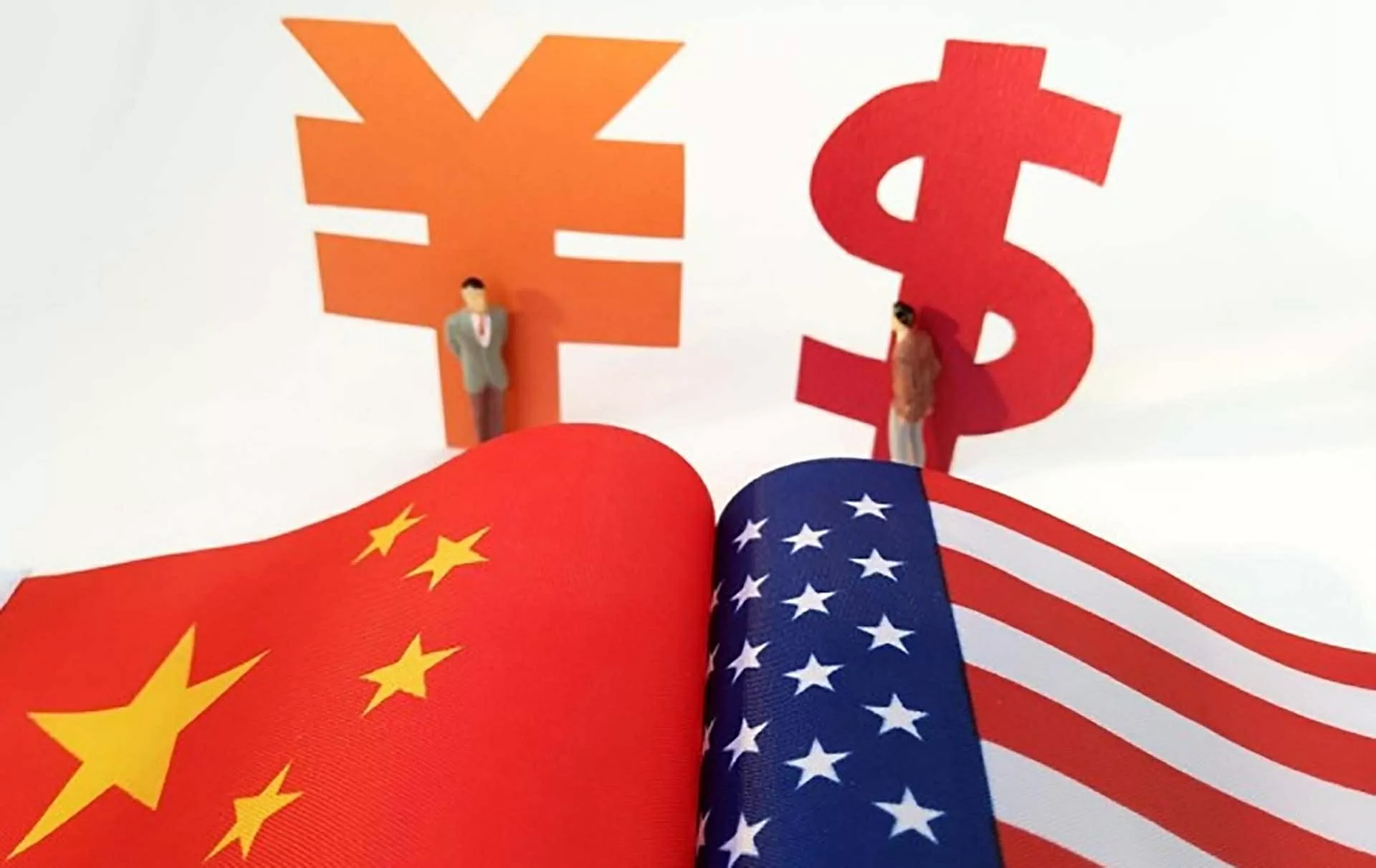 |
| There is much speculation and analysis about how US-China relations will play out in the next four years and whether the two countries can find a way to get along in the 21st century. (Source: CNN) |
The first retaliation signaled the start of a new trade conflict between the US and China, when Beijing's tariffs on nearly $14 billion worth of US imports took effect.
Thus, China has had an immediate “answer” – less than a week after the new US President Donald Trump imposed a comprehensive 10% tariff on hundreds of billions of dollars worth of goods that the US imports from China every year. The tariffs that Beijing has “retaliated” against Washington’s attack are quite diverse – including taxes on crude oil, liquefied natural gas (LNG) and some machinery and vehicles.
The tax game
It had been hoped a phone call between US President Donald Trump and Chinese leader Xi Jinping last week would help avoid an escalation of hostilities that could lead to a wider trade war.
But unfortunately, all those fears have come true. The question now is what happens next? And how far are the world’s two largest economies willing to strain the close economic ties that bind them together.
“In its response to Trump’s new tariffs, Beijing has been restrained,” said Andy Rothman, CEO of the Sinology Advisory Group, “in part because Xi Jinping still wants to open a path to negotiate with President Trump.”
So is there room for a deal? China’s tariffs—15% on some coal and liquefied natural gas and 10% on crude oil, farm machinery and some vehicles—only affect about $13.86 billion in goods, according to CNN calculations based on 2024 Chinese customs data. That’s less than 9% of China’s total imports from the US. China exported more than $524 billion in goods to the US in 2024 and imported more than $163 billion from the US.
Last week, Beijing also announced export controls effective immediately on some raw materials used in the defense and green technology sectors, as well as measures targeting some US companies.
Meanwhile, Washington's latest "tariff" is still much milder than the more than 60% tax that Mr. Trump threatened to apply to hundreds of billions of dollars worth of imports from China during the election campaign.
Before the tariff “game” with Beijing, the US leader also said that he was still ready for a deal. Last month, during a gathering with political and business elites in Davos (Switzerland), Mr. Trump shared that he “always liked” the Chinese President and wanted to “get along with Beijing.”
“President Trump appears to be in deal mode, using tariffs as a negotiating tool,” Rothman said. “However, it remains unclear what he wants from President Xi and what he is willing to offer in return.”
Sharing the same view, Mr. Suisheng Zhao, Director of the Center for China-US Cooperation at the University of Denver, also said: “They have prepared for a 60% tariff, but it seems that there is no mention… nothing has happened, not even close to the worst case scenario.”
However, another deadline still hangs over the talks — April 1, the day President Trump has ordered his officials to conduct an investigation into US-China economic relations — which could cause more tension.
Reasonable strategy, minimize risk
Many people believe that China’s response is clearly “softer” than its statements against the new US President’s harsh tariff policy. This disproportion can be explained by the fact that China does not want to provoke a trade war with the US - one of its leading markets. Instead, they calmly choose “a reasonable strategy to minimize risks to the economy”.
Alexander Firanchuk, a senior researcher at the Russian Presidential Academy of Public Administration (RANEPA), said that Beijing wants to minimize the damage caused by the new list of products subject to retaliatory tariffs. For example, restricting the import of components and equipment will have more negative consequences for the Chinese economy because it will be difficult to find alternative sources of supply.
But commodities such as oil, LNG and coal account for a relatively small share of China’s total energy supply, so in the event of a crisis that disrupts the supply of these commodities from the US, Beijing would easily turn to alternative suppliers.
Officials in Beijing will now be focused on carefully weighing the messages they send to the White House, both in diplomacy and trade. They may also want to seize every opportunity to use the personal relationship between the two leaders to persuade the US president not to impose more sanctions on the Chinese economy – something economists say would deal a heavy blow to the world’s largest economy. Beijing certainly doesn’t want to see tensions escalate… its leverage is not as strong as the US’s, so it will have to seize every opportunity to try to appease the head of the White House.
Even as Beijing focuses on preventing a deepening trade war, there is no doubt that its officials are carefully preparing for contingencies — and weighing potential penalties to impose and concessions to make, if Mr Trump continues to “strike.” As Nick Marro, chief Asia economist at the Economist Intelligence Unit, puts it, Mr Trump’s trade actions will force Beijing to respond, but in a more targeted manner, rather than the full-scale “tit-for-tat” of 2018-2019, when the trade war first broke out.
There is much speculation and analysis as to how US-China relations will unfold in the next four years and whether the two countries can find a way to get along in the 21st century. However, the key lies in the hands of both China and the US.
However, the “zero-sum game” mentality of previous US administrations has left behind many “negative assets” in the relationship, making the road to rebuilding bilateral trust longer. Many urgent problems exist, the list of issues to be resolved is long and challenging, requiring both countries to sit down and talk.
China's Global Times suggested that if both countries focus their policies on managing their own problems well and enhancing their sense of entitlement, instead of wasting resources on conflict and confrontation, it would be necessary for their "own dreams".
Source: https://baoquocte.vn/choi-voi-my-theo-cach-cua-bac-kinh-304163.html





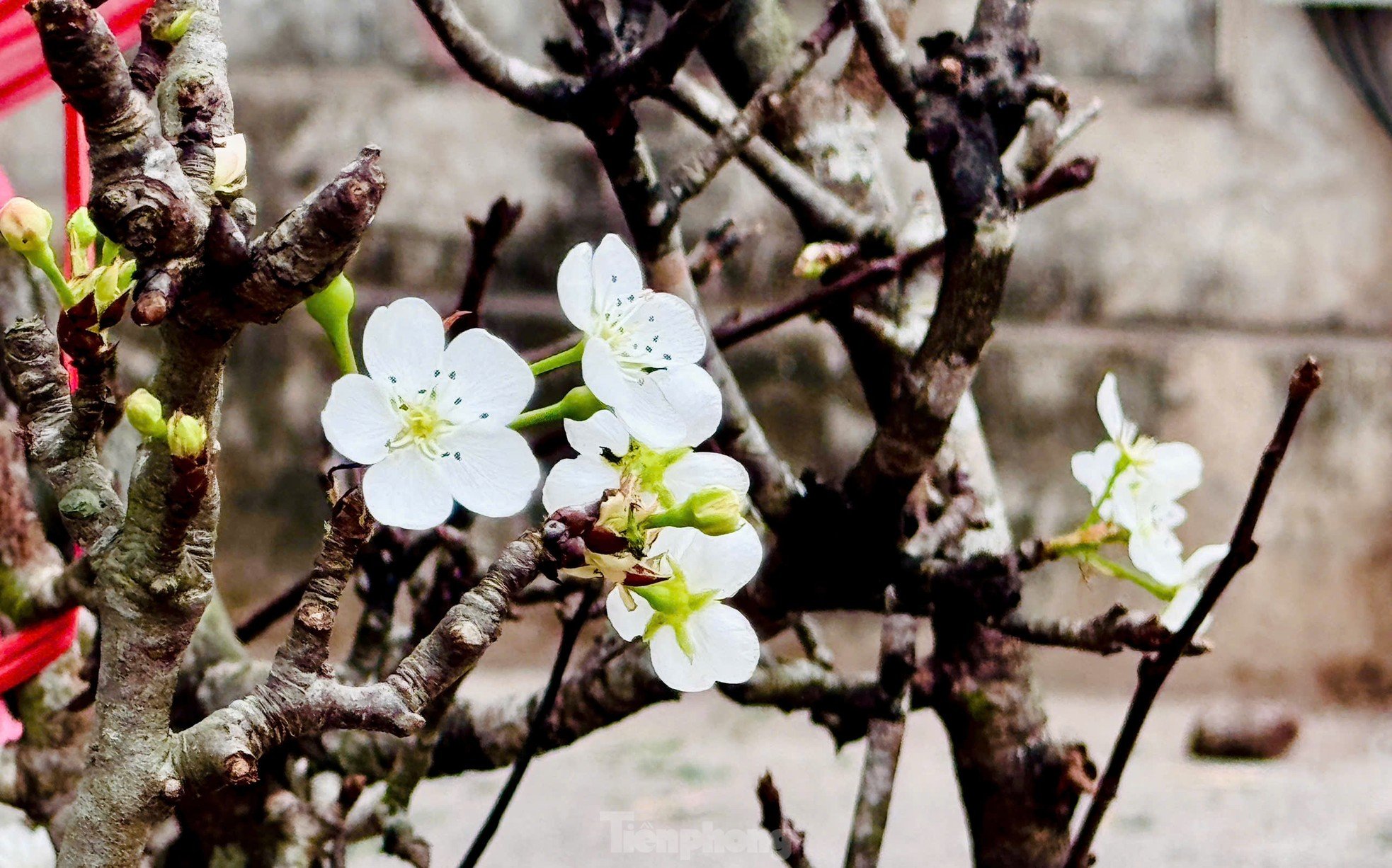
























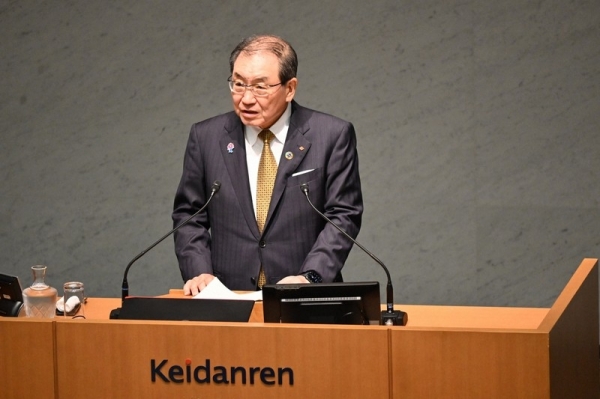








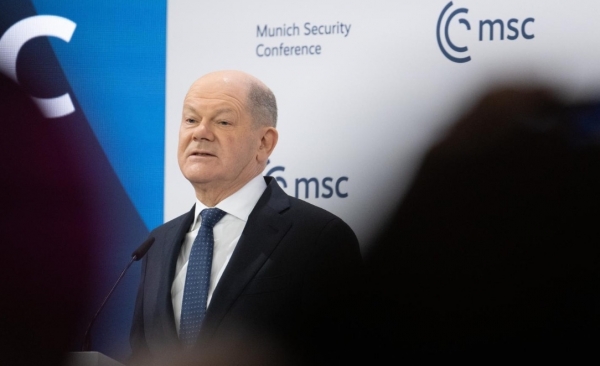





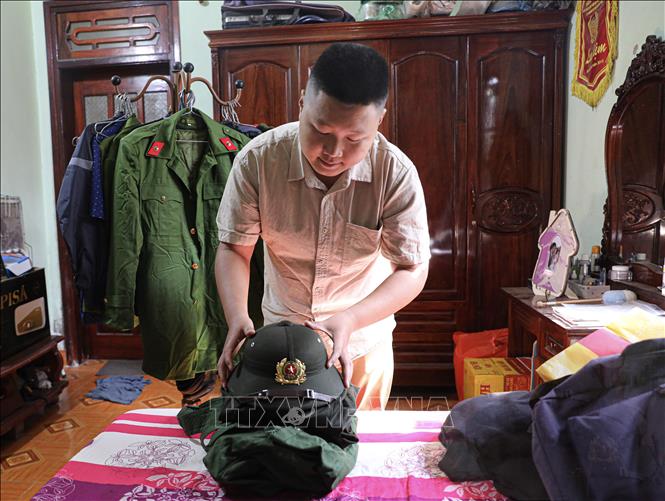







Comment (0)